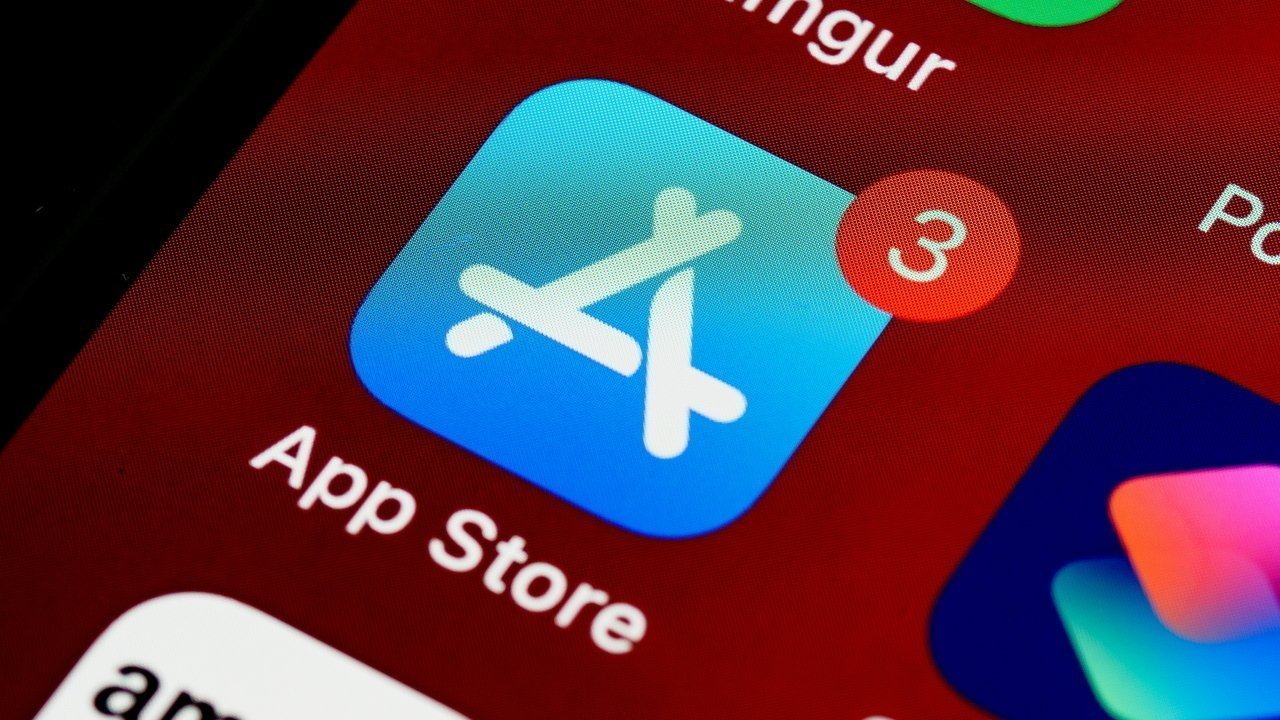Apple has won a lawsuit accusing it of abusing its dominant power in the app marketplace, with a Chinese court rejecting claims Apple's App Store fees were too high.

iOS App Store
In 2021, Jin Xin sued Apple China, insisting Apple stopped charging its 30% App Store commission. Xin also demanded that Chinese consumers should be allowed to use other payment systems than Apple's own, as well as an apology and approximately $15,500 in compensation.
Three years later, the Shanghai Intellectual Property Court sided with Apple, according to a yet-to-be-published judgment received by the South China Morning Post.
Wednesday's decision by the court said that it had compared Apple's commission fees with other app marketplaces. It didn't find Apple's fees to be "significantly higher" than those operating on Android.
It also determined there was no evidence to suggest that fees led to higher prices for consumers.
In response via WeChat, a legal representative for Xin wrote of intentions to appeal to the China Supreme People's Court. Xin and the lawyers "firmly believe" Apple's fees are an abuse of market dominance, infringing on Chinese consumers' rights to a fair transaction.
Apple's fees increased the operating costs for Chinese firms, said Kinding Law Firm founding partner Wang Qiongfei. It had "damaged the competitiveness of Chia's internet industry."
The war on fees
While the win in China is helpful to Apple, it's not the only App Store lawsuit it's dealing with.
In the UK, a July 2023 lawsuit from over 1,500 developers accused Apple's 30% fee of being too excessive and an abuse of its monopoly position. However, in April, the UK's Competition Appeal Tribunal denied a motion by Apple to dismiss the case.
It is unknown when the case will be heard in court.
Apple has also previously wrangled over the matter with Epic Games in its major trial, with Apple coming out of it mostly on top. However, while the Supreme Court has effectively ended further appeals, the two are still in court battling over anti-steering rule compliance.
Meanwhile in Europe, Apple has had to deal with changes in law, with the Digital Markets Act enabling alternative payment methods and alternative app storefronts. While Apple stands to see fewer App Store transactions, it still intends to earn from iOS app developers through a Core Technology Fee.
